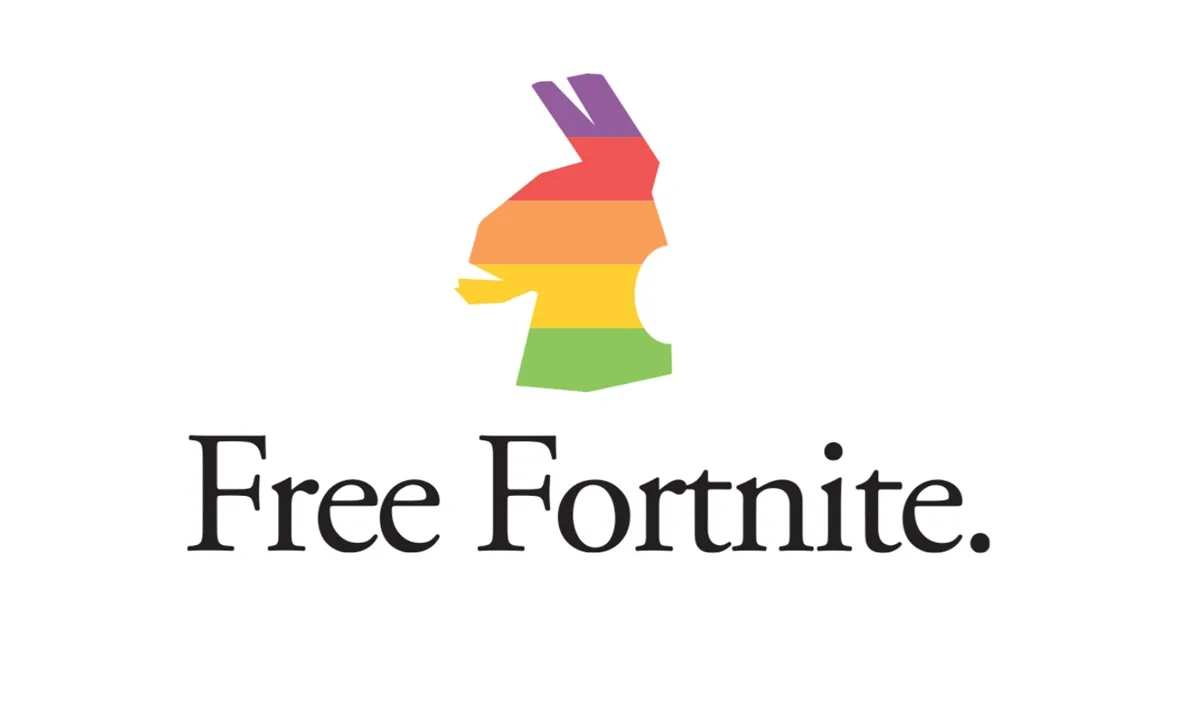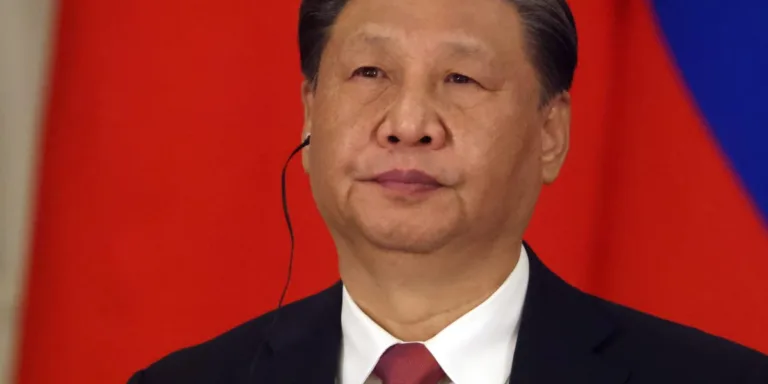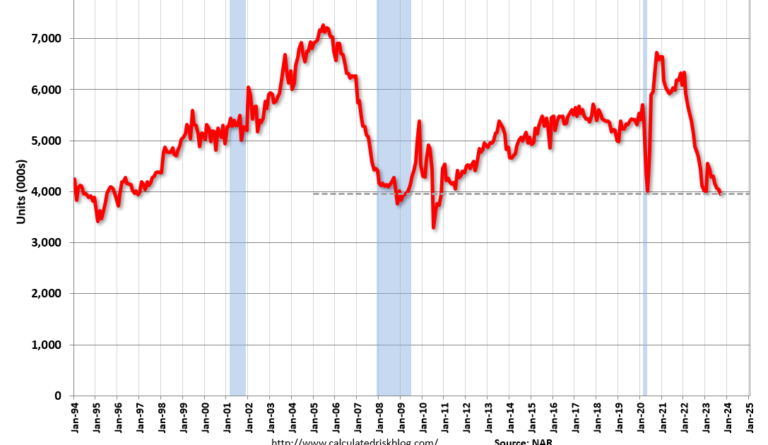Epic Games Wins Landmark Antitrust Case Against Google
Epic Games vs. Google: The Verdict
Epic Games has emerged victorious in its antitrust case against Google, as the jury ruled that Google has been operating an illegal monopoly with its Google Play app store and billing service. The case, which comes three years after Epic Games filed a lawsuit against both Google and Apple, alleges anticompetitive practices in the restrictions imposed on developers for distributing and making payments in the mobile app store.
The Difference in the Case Against Apple
While the outcome of the case against Apple largely favored Apple, with Epic Games winning on just one point, the case against Google holds a different story. The jury concluded that Google had illegally tied its app store and billing payment service together and that its “Project Hug” deals, which involved paying game developers not to compete with the Google Play store, were anticompetitive.
Google’s Monopoly Tactics
Google’s tactics in securing its monopoly were showcased through Project Hug, where it paid alternative app stores and game developers significant amounts of money to use its store rather than competing with it. For example, Google paid Samsung to ensure that Google Play was the only preinstalled app store on Samsung smartphones, alongside Samsung’s own store. Additionally, Google allegedly paid game developers to exclusively use the Google Play store, preventing them from establishing their own competing stores.
The Jury’s Decision
The jury found that these practices allowed Google to charge excessive fees, reaching up to 30% royalties, for every app, game, or in-game virtual good purchase. Developers were left with no choice but to comply and pay these fees, which the jury determined to be harmful to consumers due to inflated prices.
Google’s Reaction
Following the verdict, Google stated that it plans to challenge the decision, emphasizing that Android and Google Play provide more choice and openness than any other major mobile platform. The company stated its commitment to defending the Android business model.
What Comes Next
The trial against Google took place in 2020, alongside Epic Games’ lawsuit against Apple. Now, U.S. District Court judge James Donato will determine the appropriate remedies for Google’s illegal practices. It is highly likely that Google will appeal the decision, prolonging the legal battle between the two companies. Epic Games stands to benefit financially, as it may be exempt from paying royalties.
The Impact on App Developers and Consumers
Epic Games’ victory is seen as a win for all app developers and consumers globally. It exposes Google’s app store practices as illegal and highlights how the company abuses its monopoly power to extract excessive fees, hinder competition, and impede innovation. The trial evidence revealed Google’s attempts to suppress alternative app stores through lucrative deals with device manufacturers and financial incentives for developers to abandon their own store efforts.
The Call for Legislation and Regulation
Epic Games’ legal battle against Google and Apple underscores the need for legislation and regulations specifically addressing the stranglehold these tech giants have over the smartphone industry. Promising legislation, such as the Digital Markets, Competition and Consumer Bill in the UK and the Digital Markets Act in the EU, aims to address anticompetitive conduct and promote fair competition.
Source: Jury hands Epic win in antitrust case against Google







